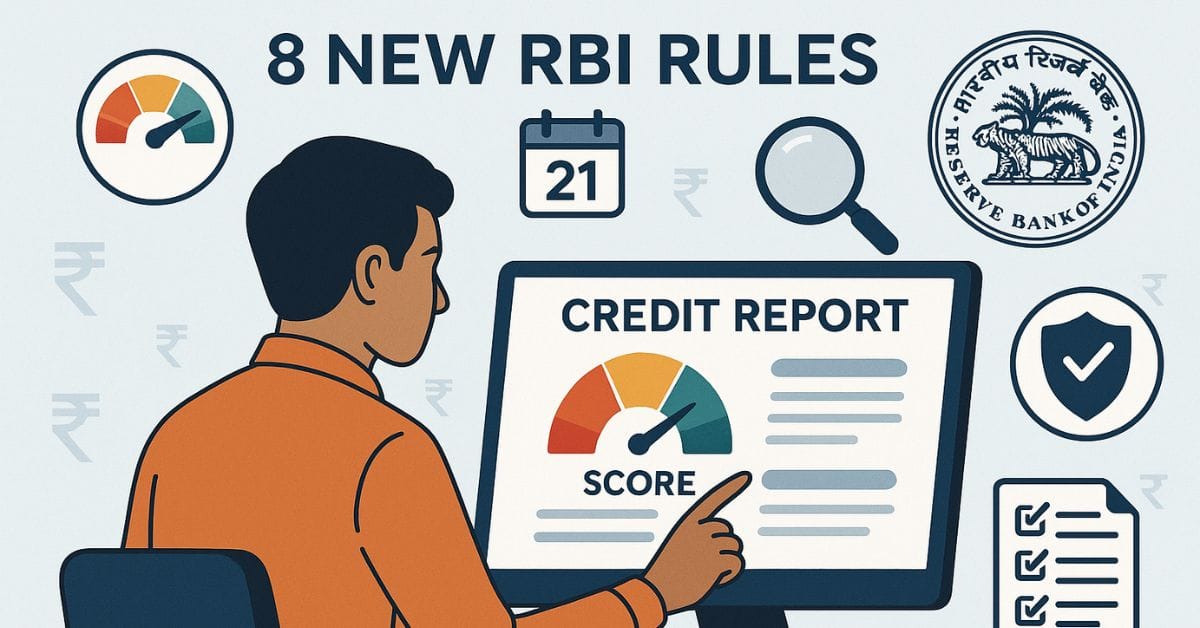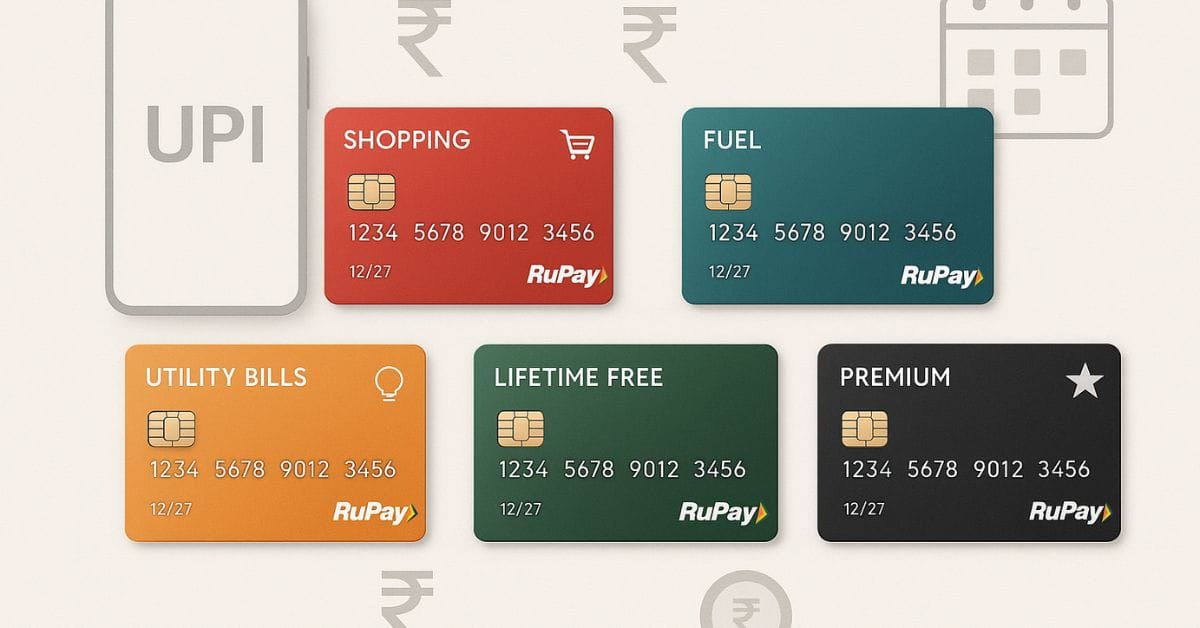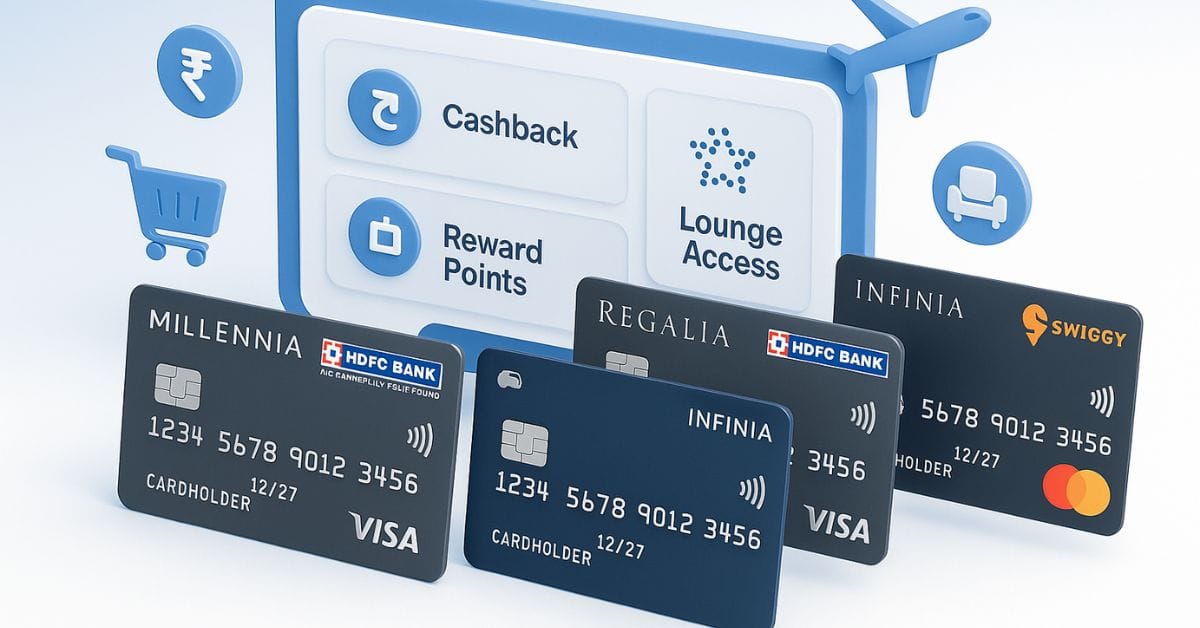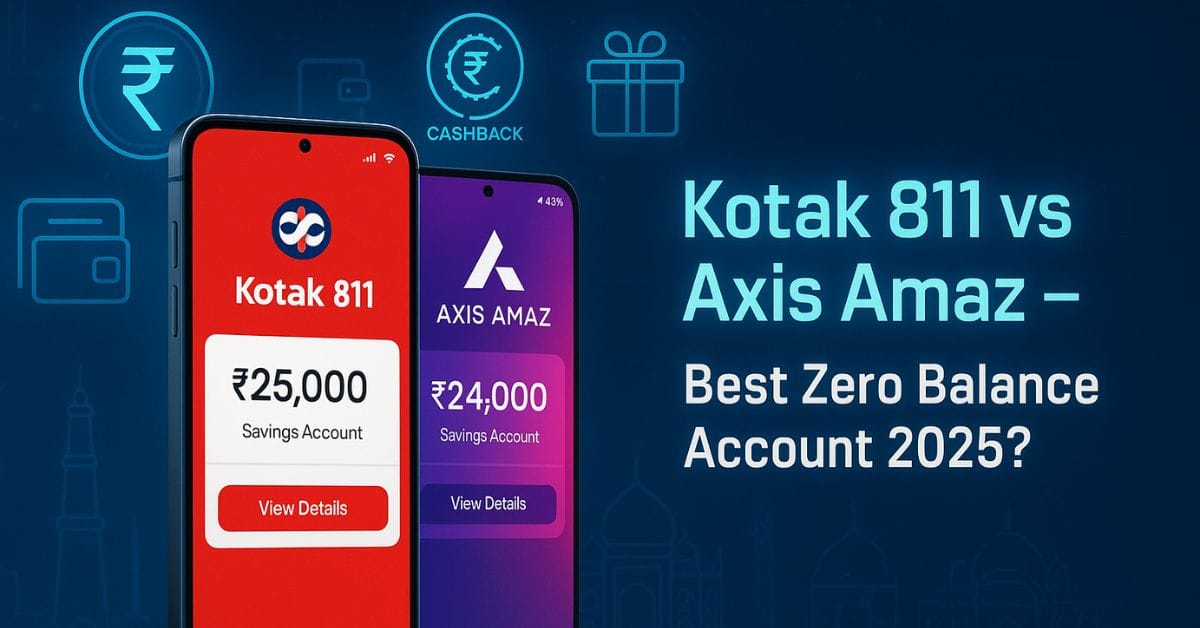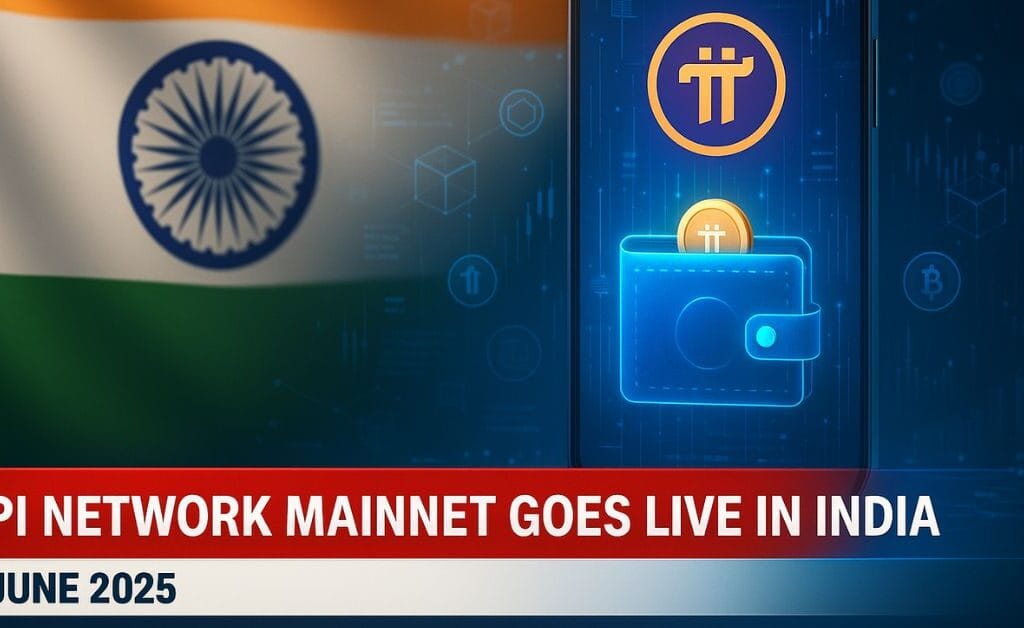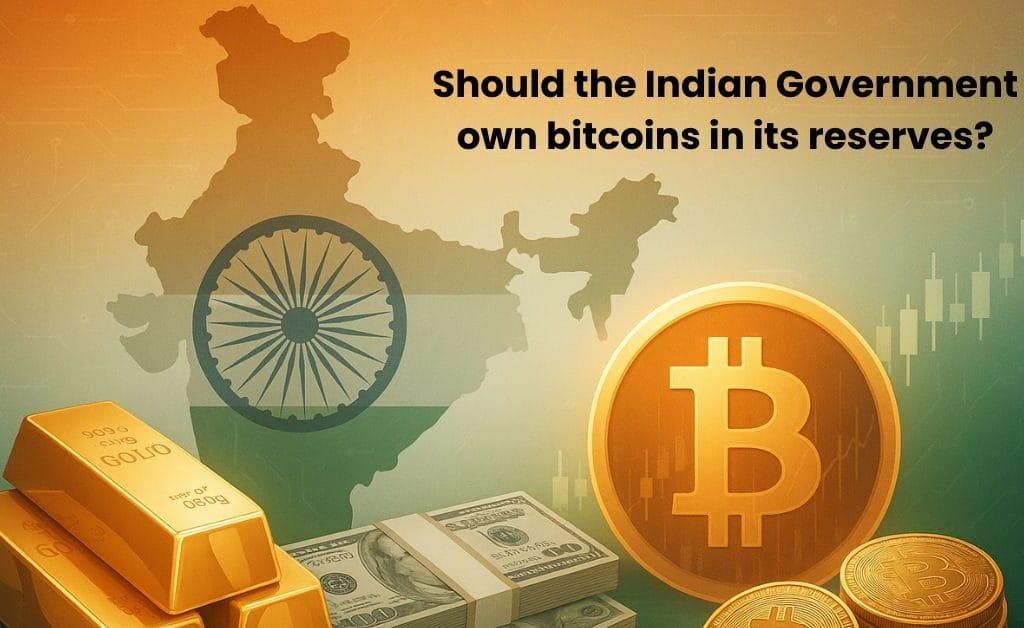In recent times, the importance of a credit score has grown significantly. No longer just a number, it now plays a vital role in defining your entire financial profile. Whether it’s for instant loans, no-cost EMIs, or lifetime free credit cards, your credit score directly impacts your eligibility. Recognizing this shift, the Reserve Bank of India (RBI) has introduced eight major changes in the credit score ecosystem. These changes aim to increase transparency, accuracy, and user empowerment.
Let’s explore each of these changes in detail.
Credit Score Will Be Updated Every 15 Days
Previously, credit scores were updated once every 30 to 45 days, depending on the credit agency. This delay caused major issues for individuals actively working to improve their score. Urgent loan applications would often be hindered because improvements weren’t reflected in time.
What’s new:
Your credit score will now be updated every 15 days. This change ensures quicker reflection of improvements or negative activities. If you’re making timely payments and maintaining credit discipline, your score will rise faster. Conversely, missed payments will also be reflected sooner.
This is a significant move toward real-time credit monitoring, ensuring your score remains closer to your actual financial behavior.
Standardized Data Format Across All Banks and NBFCs
Until now, different banks used different terminologies for the same credit issues. For instance, one bank may report a delay as “DPD 60,” another as “Late 60,” and a microfinance institution might label it simply as “Default.” This inconsistency confused consumers and even credit bureaus.
What’s new:
All banks, NBFCs, and microfinance institutions must now follow a standardized data format. This uniformity will eliminate confusion, reduce reporting errors, and result in more accurate credit scores across all bureaus. Consumers with loans from multiple institutions will benefit the most from this streamlined reporting.
All Lenders Must Be Members of All Credit Bureaus
Earlier, some banks reported to only one or two credit bureaus, causing discrepancies in credit scores. For instance, a loan repaid with ICICI might appear in Experian but not in CRIF, simply because the bank wasn’t a member.
What’s new:
RBI now mandates all banks and NBFCs to be members of all credit bureaus. This move ensures complete credit history visibility across bureaus and minimizes the score variation due to missing data. While minor differences may still remain due to differing scoring models, data consistency will drastically improve.
Read Also: Best HDFC Credit Cards in 2025
Real-Time Notifications for Credit Report Access
Previously, third-party agents (like DSAs) could share your data with multiple banks without your knowledge. This often resulted in several hard inquiries on your credit report, which negatively impacted your score—even when you didn’t apply to all those banks.
What’s new:
You will now receive real-time SMS and email notifications whenever your credit report is accessed. This transparency allows you to monitor unauthorized inquiries and take timely action, protecting your score from unnecessary damage.
Easy Access to Free Credit Reports
Though every individual is entitled to one free credit report per year, the process to obtain it has traditionally been complex. Hidden links, OTP verifications, and confusing navigation deterred many users.
What’s new:
RBI has instructed credit bureaus to provide a dedicated and easily accessible button on their websites for downloading the free annual credit report. This report will contain complete details including repayment history, utilization, defaults, and more. Greater accessibility means more people can monitor their scores and identify errors before they cause harm.
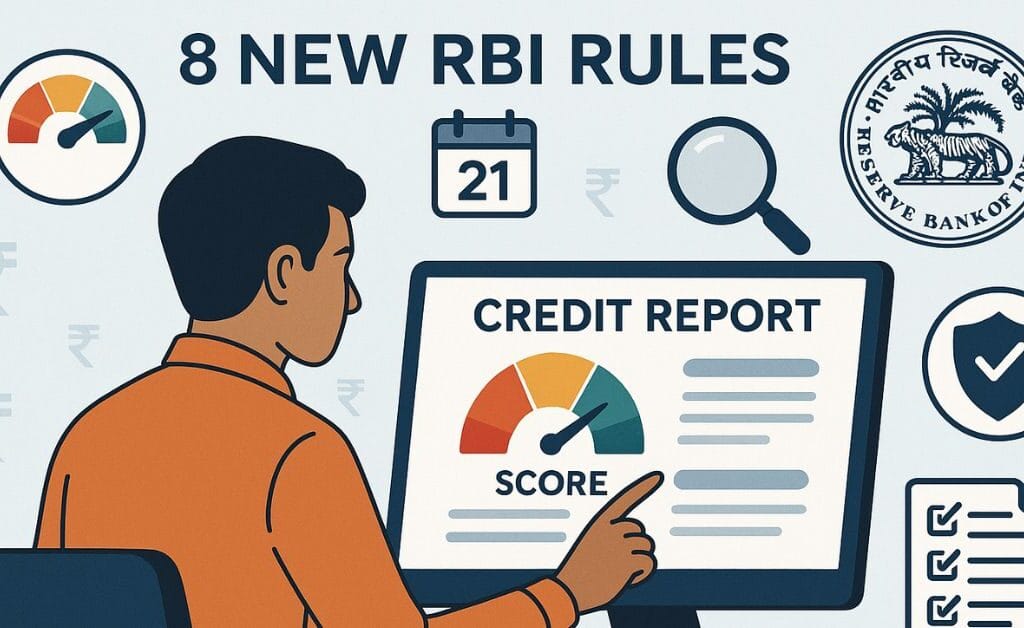
Advance Warning Before Default Reporting
Often, consumers are unaware of missed payments until they see a sudden drop in their credit score. Due to spam messages and overloaded inboxes, important alerts from banks can be overlooked.
What’s new:
Credit agencies are now required to explicitly notify customers via SMS and email if a payment has been missed. The message must also inform the user about the potential impact on their credit score. This gives borrowers a chance to take corrective action before being marked as a defaulter.
30-Day Resolution Timeline for Disputes
Disputes around incorrect loans or non-reflecting repayments are common. Previously, resolving such issues could take an uncertain amount of time, leaving customers helpless.
What’s new:
Credit bureaus are now required to resolve all disputes within 30 days. Whether it’s an incorrect loan entry or a non-updated repayment, the issue must be addressed promptly. This gives consumers more confidence in the system and ensures faster corrections.
Greater Control and Transparency for Borrowers
All these changes point towards a more transparent, accountable, and user-friendly credit system. From real-time score updates and notifications to standardized reporting and faster dispute resolution, the goal is clear: empower consumers to take charge of their credit health.
Conclusion
The eight changes introduced by the RBI mark a transformative shift in India’s credit ecosystem. These updates not only enhance transparency but also ensure that credit scores reflect real-time financial behavior. As a borrower, staying informed and monitoring your credit regularly will now be easier—and more important—than ever before.

